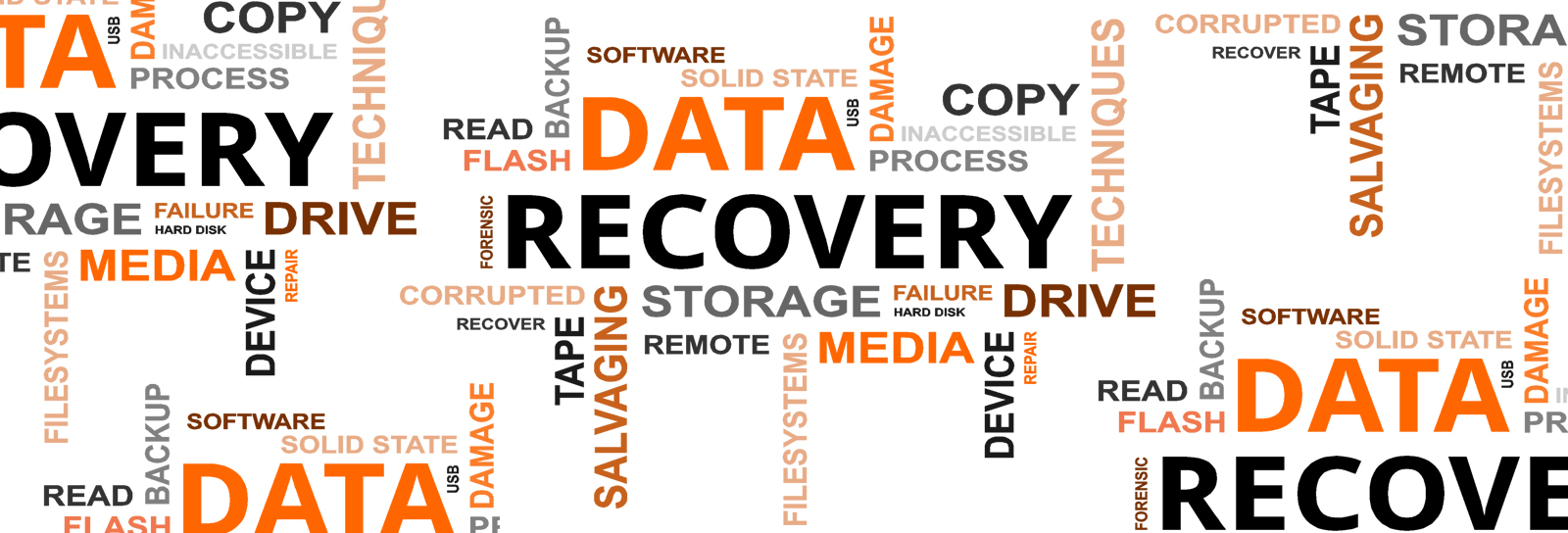


In the current internet era, Trillions of Peta Bytes of new data - be it on search engine or social network or news or education websites - are being saved in storage devices in every second so that they can be accessed from all over the world. The ever availability of data and its integrity are important for one and all, whether you are a media giant or a small scale enterprise. The storage platform also differs depending upon data volume, access frequency and affordability. For instance, your website data can be stored on a CDN (Content Delivery Network) or a bare metal machine with your choice of storage hardware.


And the biggest worry, unless your data hosted on a CDN, is data loss. A file system crash or a few bad sectors in a Hard Disk or a RAID failure or a malicious server hack is all that is needed to lose your data either partially or completely. However much redundant your storage system is, your data is never safe unless there is a backup of the latest data stored some where else. Even a small mistake such as unintentional file deletion from one of your staff could cause data loss. You need to have a backup somewhere in place so that you can recover those lost data as and when needed.
We provide Backup & Recovery solutions to prevent data loss and all those issues that bring in. We need to determine answer for 4 questions in order to setup backup. They are:
What? - Types of data that need to be backed up.
Where? - Destination or location where the backed up data should be stored.
When? - Interval between backup processes.
How? - Whether the old data in the backup should be recycled or replaced.
We provide 4 types of backup for you to choose from:
Full server synchronized backup (Helpful for Bare-metal restore.)
Control panel provided Per Account/Website Backup (eg:- cPanel Account Backup)
SQL database backup (All, single/multiple databases, per table)
Custom backup as per your requirement.
Backup Destination Location can be chosen depends upon the importance of data. There are 3 options:
Local - stores on the same server where the actual data resides.
Remote - stores on a different server
Cloud - stores on a cloud service
Duration should be determined based on how often the data is modified and the total size of the data. There is no point in having a backup if its too old. It should not be too often either so that the next backup starts before the current one ends.
You can decide how many versions of data you would like to have. If you need only one, the data in the backup will be replaced or modified, else the old ones will be cycled to keep incremental backups.